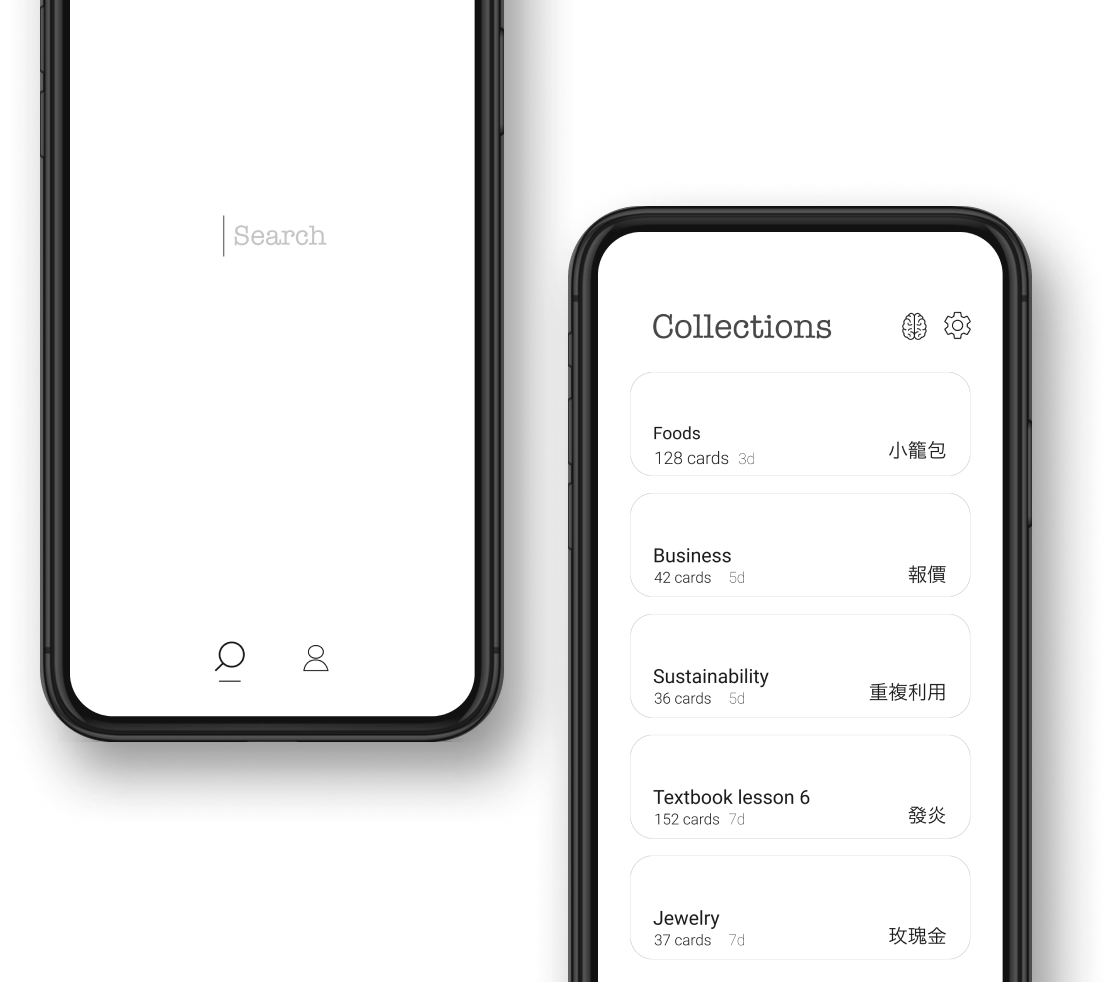The HSK (Hànyǔ Shuǐpíng Kǎoshì - 汉语水平考试) is China's standardized test of Chinese language proficiency for non-native speakers. If you're serious about learning Chinese, understanding the HSK's structure and purpose is essential.
What Is the HSK?
The HSK is an international standardized exam that assesses the Chinese language proficiency of non-native speakers. Think of it as the Chinese equivalent of English tests like TOEFL or IELTS. It's designed to evaluate your ability to use Mandarin Chinese in daily life, academic settings, and professional environments.
What Is It Used For?
Earning an HSK certificate can open doors in various ways. Universities in China often require a certain HSK level for admission if you're an international student. Employers may also look for HSK certification to gauge your Chinese language skills. Even if you're learning Chinese for personal reasons, the HSK provides a clear framework to measure your progress.

How Many Levels Are There?
Originally, the HSK had six levels, ranging from Level 1 (beginner) to Level 6 (advanced). Each level corresponds to a specific set of vocabulary and grammar points:
- HSK Level 1: About 500 vocabulary words. You can understand and use simple phrases.
- HSK Level 2: Approximately 772 words. You can conduct simple tasks requiring direct exchange of information.
- HSK Level 3: Around 973 words. You can discuss familiar topics in daily life, study, and work.
- HSK Level 4: About 1000 words. You can converse fluently on a wide range of topics.
- HSK Level 5: Approximately 1071 words. You can read Chinese newspapers and magazines, watch films, and give a full-length speech.
- HSK Level 6: Over 1140 words. You can easily understand written and spoken information and express yourself fluently.
Recent Changes in HSK Levels
In 2020, the HSK underwent significant changes to better align with the Chinese Proficiency Grading Standards for International Chinese Language Education. The new HSK now has nine levels instead of six:
- HSK Levels 1–3: Beginner levels covering basic knowledge.
- HSK Levels 4–6: Intermediate levels focusing on more complex language use.
- HSK Levels 7–9: Advanced levels aimed at near-native proficiency.
The introduction of Levels 7 to 9 allows for a more nuanced assessment of advanced learners. These changes aim to provide a clearer pathway for students to progress in their Chinese language studies. It's important to note that the implementation of the new levels is gradual, and the existing HSK tests are still valid and widely used.
Preparing for the HSK
If you're planning to take the HSK, it's important to familiarize yourself with the test format and the specific requirements of your target level. Here are some tips to help you prepare:
- Study Vocabulary Lists: Each HSK level has an associated vocabulary list. Make sure you're comfortable with all the words required for your level.
- Practice Listening and Reading: The HSK tests your abilities in listening, reading, and sometimes writing and speaking, depending on the level.
- Take Practice Tests: Simulating exam conditions can help you manage time and become familiar with the question formats.
- Use Study Materials: Plenty of books and online resources are available specifically tailored for HSK preparation.
Conclusion
More than just a test, the HSK is a valuable framework for measuring your progress in learning Chinese. It provides a clear path to follow as you work toward your goals. Additionally, it can open doors to new opportunities, whether you're aiming to study in China, advance your career, or simply track your improvement in mastering the language.

